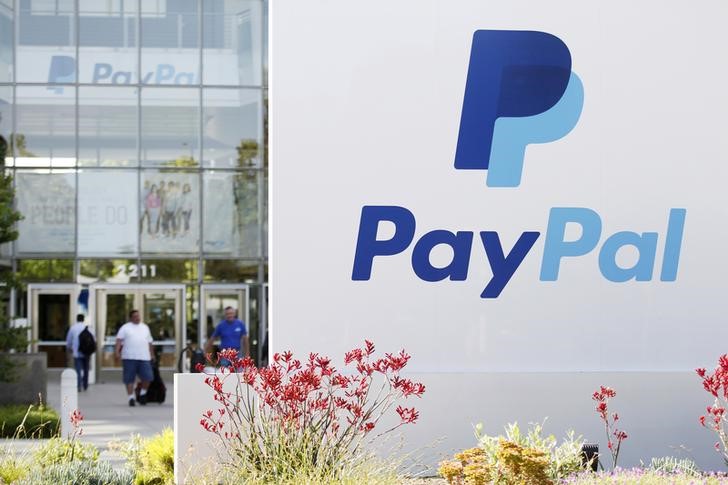Published by Bloomberg Law | December 16, 2021
Buy now, pay later firms have seen a spike in popularity in the U.S. since the onset of the coronavirus pandemic in March 2020.
The CFPB ordered Affirm, Klarna,and other big companies in the buy now, pay later industry to hand over information about consumer protection concerns that have arisen about the burgeoning product.
The Consumer Financial Protection Bureau on Thursday sent letters demanding information from five firms—also including PayPal Holdings Inc., Afterpay and Zip—about how they comply with federal lending laws and regulations.
The CFPB also wants the BNPL companies to provide information about how consumers can accumulate debt through use of their apps, how the products are designed, and how the companies report debts to consumer credit bureaus, according to the letters.
“Buy now, pay later is the new version of the old layaway plan, but with modern, faster twists where the consumer gets the product immediately but gets the debt immediately too,” CFPB Director Rohit Chopra said in a statement.
The letters, which include a series of 20 questions, were first reported by Bloomberg Law earlier Thursday.
Buy now, pay later firms have seen a spike in popularity in the U.S. since the onset of the coronavirus pandemic in March 2020. The most popular product, known as pay-in-four, allows consumers split the payments on items they buy over four installments typically lasting six weeks.
The companies have until March 1 to respond to the CFPB’s questions.
Loan Stacking
While many buy now, pay later providers don’t charge late fees, consumer advocates have raised concerns about some of the disclosures on the product, among other things.
“They hit a lot of the big concerns,” Rachel Gittleman, the financial services and membership outreach manager at the Consumer Federation of America, said of the CFPB’s questions.
Consumer advocates are concerned about “loan stacking” and the potential for consumers to lose track of multiple BNPL purchases from different companies, Gittleman added.
It’s unclear what type of regulatory response would be necessary and effective for such loan stacking, said Marisabel Torres, the Center for Responsible Lending’s California policy director. But that’s where the CFPB information demand comes in.
“Looking at loan stacking and looking at the underwriting requirements could shed some light on what solutions might be,” she said.
Industry Response
The CFPB information demand comes just a day after Senate Banking Committee Chairman Sherrod Brown (D-Ohio), Sen. Jack Reed (D-R.I) and four Democratic colleagues urged the bureau to review the industry’s compliance with the Truth in Lending Act and the Military Lending Act, which caps interest rates offered to members of the military and their families.
Industry groups said that they welcomed the chance to engage with the CFPB.
“The [Electronic Transactions Association] supports the development of innovative products like BNPL and we look forward to working with the CFPB on discussing how consumers benefit from BNPL,” Scott Talbott, the ETA’s executive vice president for government relations, said in an email.
PayPal, an ETA member, said that it “will continue to work productively with the CFPB to provide information as requested.”
Klarna and Zip didn’t respond to a request for comment.


